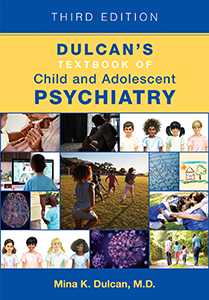Chapter 20.Tic Disorders
Sections
Excerpt
Tic disorders are highly prevalent in children and adolescents, but tic-related impairment varies. Considerable data have accrued in the past several decades regarding the interplay of genetic risks, environmental exposures, and stress on the clinical phenomenology of tic disorders. Growing knowledge of the neurobiology and phenomenology of tic disorders has sharpened our understanding of the connection between thought and motor activity and facilitated discovery of areas of the brain that influence much more than we had previously thought. Insight into the underlying brain mechanisms involved in tic disorders has increased the opportunity to develop more specific treatment targets, whether psychosocial or pharmacological.
Access content
To read the fulltext, please use one of the options below to sign in or purchase access.- Personal login
- Institutional Login
- Sign in via OpenAthens
- Register for access
-
Please login/register if you wish to pair your device and check access availability.
Not a subscriber?
PsychiatryOnline subscription options offer access to the DSM-5 library, books, journals, CME, and patient resources. This all-in-one virtual library provides psychiatrists and mental health professionals with key resources for diagnosis, treatment, research, and professional development.
Need more help? PsychiatryOnline Customer Service may be reached by emailing [email protected] or by calling 800-368-5777 (in the U.S.) or 703-907-7322 (outside the U.S.).



